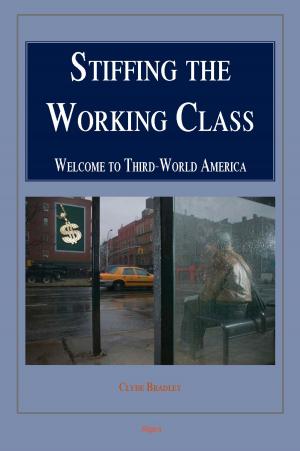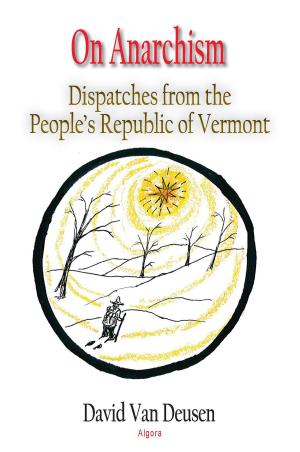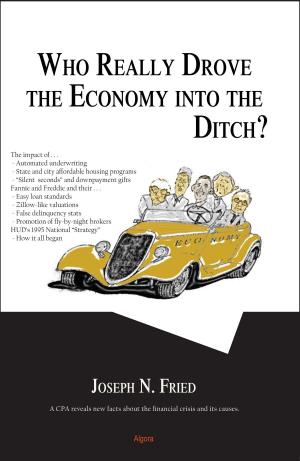Controvert, or On the Lie
and Other Philosophical Dialogues
Nonfiction, Religion & Spirituality, Philosophy, Ethics & Moral Philosophy| Author: | Nicholas J. Pappas | ISBN: | 9780875866536 |
| Publisher: | Algora Publishing | Publication: | December 15, 2009 |
| Imprint: | Algora Publishing | Language: | English |
| Author: | Nicholas J. Pappas |
| ISBN: | 9780875866536 |
| Publisher: | Algora Publishing |
| Publication: | December 15, 2009 |
| Imprint: | Algora Publishing |
| Language: | English |
In a style emulating that of the Platonic dialogue, the author approaches serious moral questions in a conversational manner that will appeal to both the general and the specialized reader.
The first dialogue, Controvert, Or on the Lie, examines the nature of lies and telling the truth and tests our assumptions regarding whether or when it might be appropriate to lie. Is it right to lie just for fun? Is a lie justified when speaking to a tyrant?
Contempt ponders many distinctions we assume exist but which we may not have considered very carefully, including those between what is good and what is contemptible, and shades of nuance between pity, love, and respect, and hate and fear. Can contempt be the key element of a fighting creed? Or is contempt itself contemptible?
In Ambition, the characters debate the nature of this very human characteristic, its value as a passionate love of life that enables us to reach for the stars and its darker side as a destructive, self-centered drive to win adulation and assert our own good over that of others. Is ambition more than the love of praise? Must ambition be harnessed (and to what end?) or is it more powerful when left unchecked and allowed to flower into great accomplishments?
The world of human aspirations and the means by which we pursue them are explored further in the dialogues Architect, Brilliance, and Anarchy.
Using these specific threads the author weaves together a consideration of larger questions as well, including the inevitable competition between individual and society, and how to approach life for the maximum value.
In a style emulating that of the Platonic dialogue, the author approaches serious moral questions in a conversational manner that will appeal to both the general and the specialized reader.
The first dialogue, Controvert, Or on the Lie, examines the nature of lies and telling the truth and tests our assumptions regarding whether or when it might be appropriate to lie. Is it right to lie just for fun? Is a lie justified when speaking to a tyrant?
Contempt ponders many distinctions we assume exist but which we may not have considered very carefully, including those between what is good and what is contemptible, and shades of nuance between pity, love, and respect, and hate and fear. Can contempt be the key element of a fighting creed? Or is contempt itself contemptible?
In Ambition, the characters debate the nature of this very human characteristic, its value as a passionate love of life that enables us to reach for the stars and its darker side as a destructive, self-centered drive to win adulation and assert our own good over that of others. Is ambition more than the love of praise? Must ambition be harnessed (and to what end?) or is it more powerful when left unchecked and allowed to flower into great accomplishments?
The world of human aspirations and the means by which we pursue them are explored further in the dialogues Architect, Brilliance, and Anarchy.
Using these specific threads the author weaves together a consideration of larger questions as well, including the inevitable competition between individual and society, and how to approach life for the maximum value.















